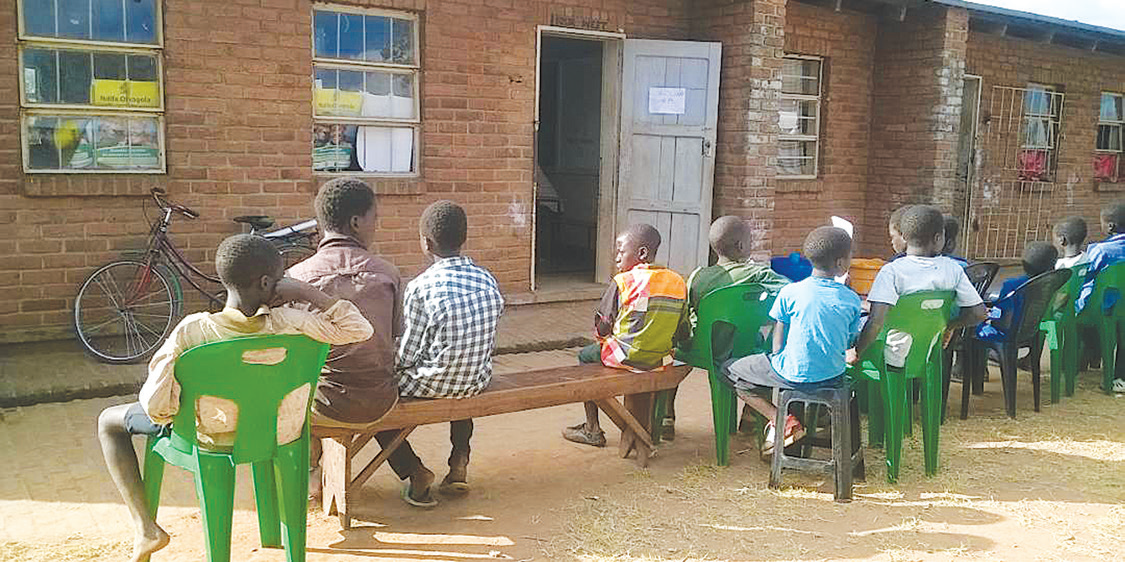Usaid urges Malawians to slowdown on childbirth

The United States Agency for International Development (Usaid) has appealed to couples in the country to slow down on childbirth, warning the country faces serious social and economic challenges if the current birth rate of six children per woman is maintained.
Usaid maternal, newborn and child health specialist, Evelyn Zimba, made the appeal in Machinga at the Family Planning/Population open day held under the theme Investing in Young People: Key to Development.
Zimba said time had come for the local couples to start bearing children they can ably take care of without causing unnecessary burden on relatives or government.
“If more children are born to parents ready to care for them, the country as a whole will experience lower levels of academic failure, child abuse, and neglect. Malawi will be a home to healthier, more successful children and families,” she stressed.
Zimba asked parents to consider investing in their children if the country is to register a reduction in adolescent pregnancies.
She said, currently, Malawi’s 25 percent of adolescents aged 15-19 have already started childbearing, largely because there is lack of information on sexual and reproductive health services.
Zimba, therefore, challenged parents to provide the necessary support to their children to ensure they delay pregnancy “until they are ready—and be the best parents they can be to Malawi’s next generation”.
She, therefore, thanked the Usaid-funded Health Policy Project (HPP) for reaching out to policymakers and the public with innovative advocacy and communications on sexual and reproductive health and family planning messages.






Faka mupweya. Let us multiply like sands. The theory leading to this practice is Ibola-will-come-take-some.